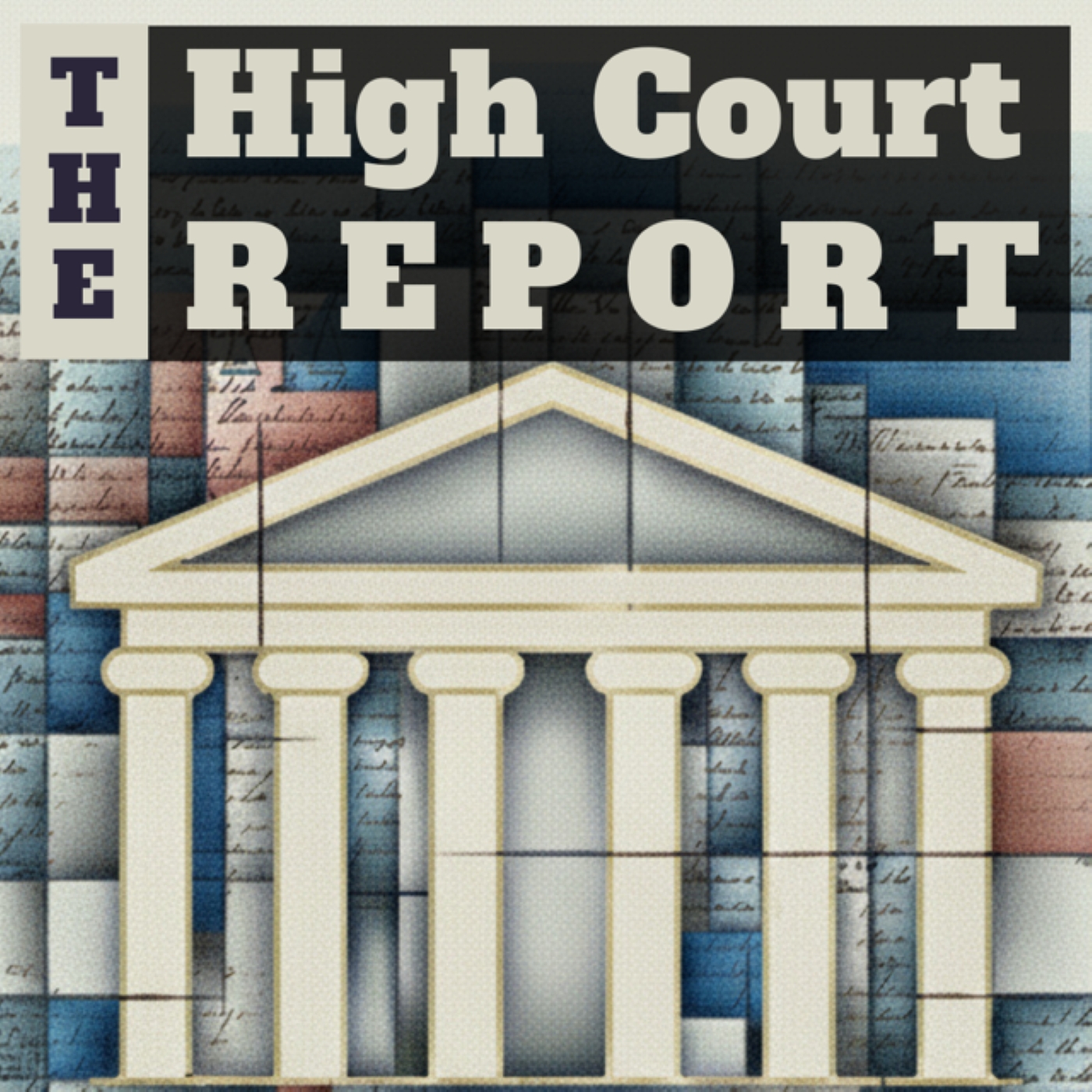Episode 44
Oral Argument: Garland v. Cargill | Case No. 22-976 | Date Argued: 2/28/24 | Date Decided: 6/14/24
Oral Argument: Garland v. Cargill | Case No. 22-976 | Date Argued: 2/28/24 | Date Decided: 6/14/24
Link to Docket: Here.
Background:
Since 1986, Congress has prohibited the transfer or possession of any new "machinegun." 18 U.S.C. 922(o)(1). The National Firearms Act, 26 U.S.C. 5801 et seq., defines a "machinegun" as "any weapon which shoots, is designed to shoot, or can be readily restored to shoot, automatically more than one shot, without manual reloading, by a single function of the trigger." 26 U.S.C. 5845(b). The statutory definition also encompasses "any part designed and intended solely and exclusively, or combination of parts designed and intended, for use in converting a weapon into a machinegun." Ibid. A "bump stock" is a device designed and intended to permit users to convert a semiautomatic rifle so that the rifle can be fired continuously with a single pull of the trigger, discharging potentially hundreds of bullets per minute. In 2018, after a mass shooting in Las Vegas carried out using bump stocks, the Bureau of Alcohol, Tobacco, Firearms and Explosives (ATF) published an interpretive rule concluding that bump stocks are machineguns as defined in Section 5845(b). In the decision below, the en banc Fifth Circuit held that the ATF rule was unlawful because the statutory definition of "machinegun" does not encompass bump stocks.
Question Presented: Whether a bump stock device is a "machinegun" as defined in 26 U.S.C. 5845(b) because it is designed and intended for use in converting a rifle into a machinegun, i.e., into a weapon that fires "automatically more than one shot . . . by a single function of the trigger."
Holding: The Bureau of Alcohol, Tobacco, Firearms and Explosives exceeded its statutory authority by issuing a rule that classifies a bump stock as a "machinegun" under 26 U.S.C. § 5845(b).
Result: Affirmed.
Voting Breakdown: 6-3. Justice Thomas delivered the opinion of the Court, in which Chief Justice Roberts and Justices Alito, Gorsuch, Kavanaugh, and Barrett joined. Justice Alito filed a concurring opinion. Justice Sotomayor filed a dissenting opinion, in which Justices Kagan and Jackson joined.
Link to Opinion: Here.
Oral Advocates:
- For Petitioner: Brian H. Fletcher, Principal Deputy Solicitor General, Department of Justice, Washington, D.C.
- For Respondent: Jonathan F. Mitchell, Austin, Tex.
